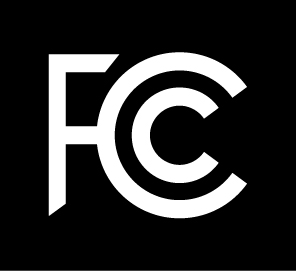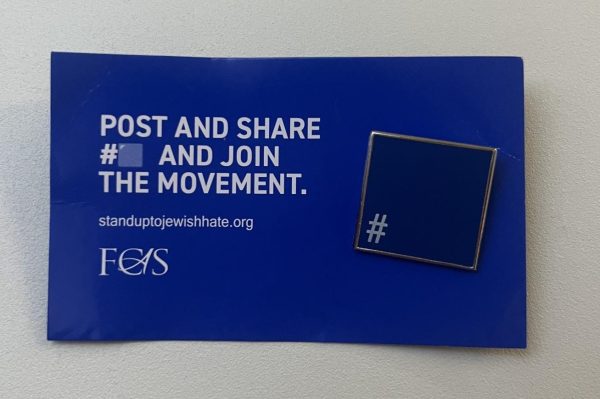What Is Net Neutrality?

FCC
May 19, 2014
Without net neutrality, ISPs (Internet Service Providers) would have the ability to charge content companies for faster internet speeds and drop those unwilling to pay down to a slower tier. On May 15th, U.S. telecommunications regulators proposed rules that may end up letting ISPs to do exactly that.
The FCC has said that it would create new rules that may change how ISPs treat internet traffic. Giant companies such as AT&T and Comcast, companies who can afford to pay extra, may get faster internet speeds. These ISPs would only be required to give out the “baseline” speed and those who pay more will have the ability to get the faster speeds.
ISPs would be “reserving the fastest loading speeds for the highest bidders and sticking everyone else with the slowest,” according to Save the Internet, an organization promoting Net Neutrality. They also compare the Internet to cable television where what you’re watching is very controlled and censored.
If you think net neutrality doesn’t matter and you happen to be a fan of Netflix, take into consideration that, according to Business Insider, “Netflix often accounts for nearly 50% of all web video streaming at any one time,” and “over time, companies like Comcast have gotten tired of serving bandwidth hogs like Netflix.”
Lately, the concept of net neutrality has drawn in widespread attention from those who frequently use the internet, as more laws surrounding it begin to surface.
There’s no telling if these rules will ever really be put into place, but organizations against them have already began to surface, such as Save The Internet, supported by those who value the internet greatly. More information on this subject can be found on http://www.savetheinternet.com and http://www.fcc.gov/guides/open-internet











